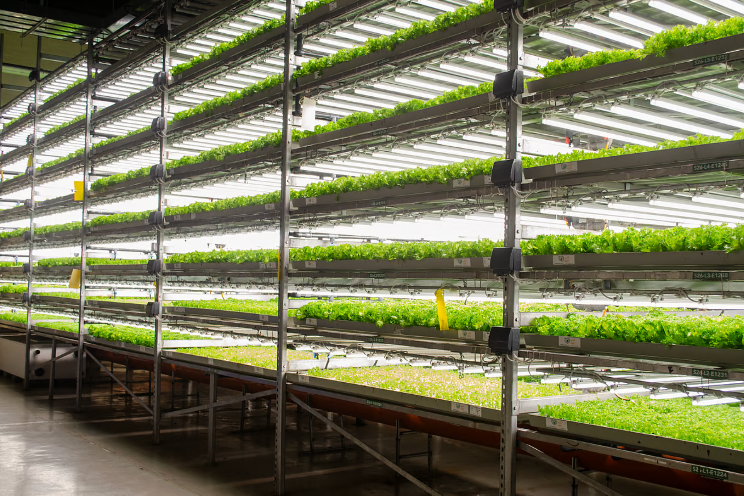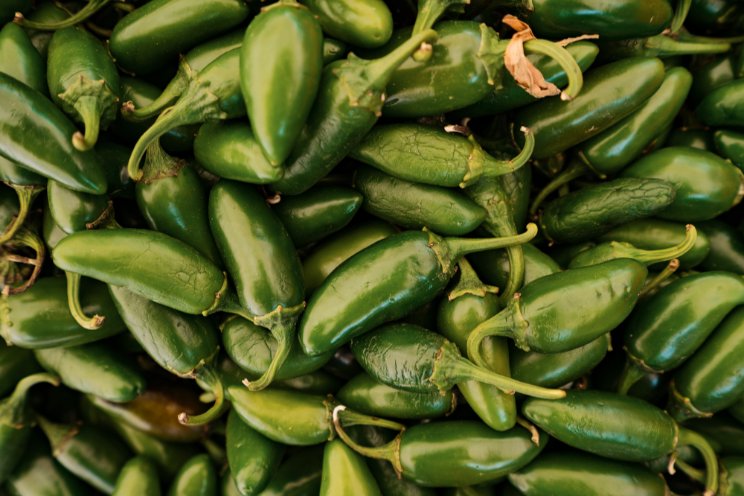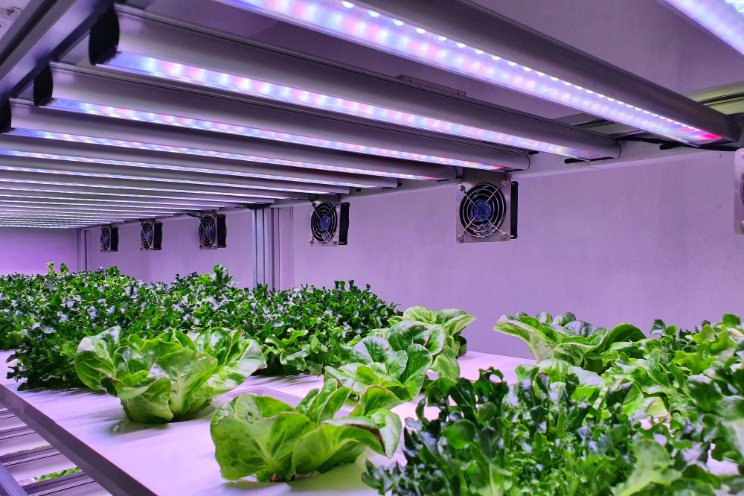Data centers to help the UK tomato crisis
Added on 08 March 2023

Right now, tomatoes are being rationed in British supermarkets - with Tesco and Lidl limiting customers to three packs per person.
UK consumers have gotten used to having salad vegetables readily available all year round, and suddenly supermarkets are running out - with customers seeing empty shelves or limited supplies. And that's causing arguments.
No one can agree why tomatoes (and cucumbers and other salad items) are so scarce. Some say it's the weather in Spain, some say fuel prices, and many blame Brexit - since Britain left the EU, importing goods from the continent has become a massive logistical problem (and it is worth noting that other European nations have not seen similar levels of shortages).
I see an opportunity here. Next winter, data centers could prevent a similar shortage.
Supply chains
The fundamental problem is having a reliable supply of food when multiple things can change. In other words, our food security depends on planning, that can handle changes in the supply chain.
Britain consumes some 400,000 tonnes of tomatoes a year. Only 17 percent of that is normally grown in this country, with the biggest part of the rest coming from Spain.
The balance of our tomato consumption has been moving to imports, during this time. Britain grew half as many tomatoes (68,000 tonnes) in 2021 as it did in 1990 (132,000 tonnes).
The last year has seen unpredictable weather conditions across Europe, and an energy crisis, with the costs of fuel going up. So British growers had a cold winter, and couldn't afford to heat their greenhouses, so production went down.
Retailers expected to make up the difference with imports - but found that import prices were high. Unusually cold weather in Spain had hit that crop, and this year importers faced increased red tape because Brexit rules have kicked in, and the time and effort of getting goods into Britain has increased.
Fundamentally, no one is planning for all this.
The country has been simultaneously increasing its reliance on imports, while pursuing a strategy (Brexit) that will restrict them.
Image by gpointstudio on Freepik
More news















